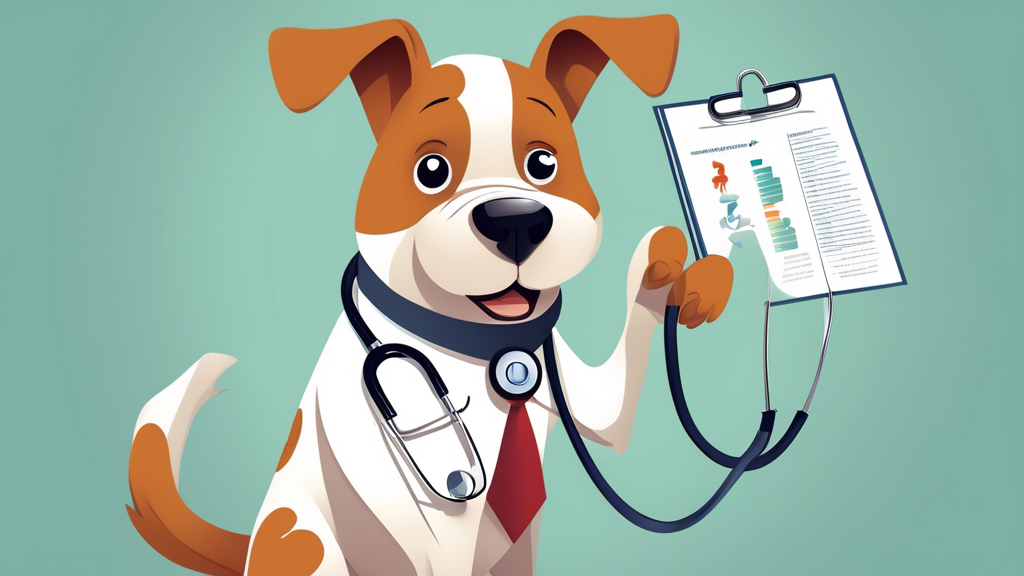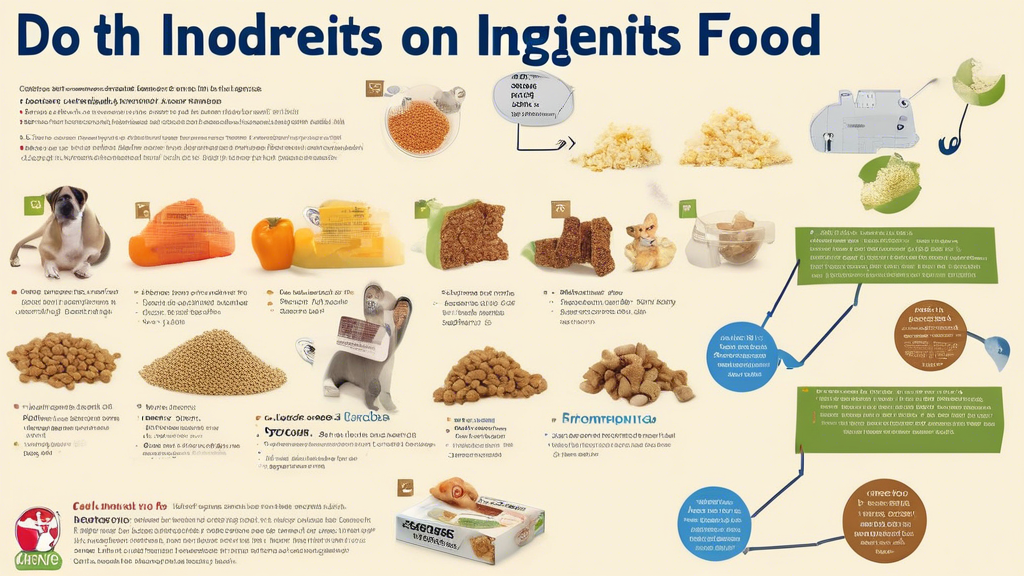**Introduction:**
Welcome to the ultimate guide for novice pet parents! Embarking on the journey of puppy parenthood can be both exhilarating and overwhelming. Ensuring your furry companion’s optimal health and well-being is paramount. This comprehensive beginner’s guide will shed light on puppy nutrition, common health issues, and preventive measures to nurture your puppy’s vitality and longevity.
Understanding the nutritional needs of your puppy is essential for their growth and development. We’ll delve into the importance of a healthy diet and provide guidance on selecting the appropriate food, feeding schedule, and portions.
Protecting your puppy against potential health concerns is crucial. We’ll identify common symptoms of diseases, highlight the significance of vaccinations and deworming, and emphasize the importance of a clean environment in maintaining your puppy’s well-being.
By delving into these essential topics, you’ll gain the knowledge and confidence to nurture your puppy’s health, ensuring they blossom into happy, thriving companions for years to come.
## I. Understanding Puppy Nutrition and Feeding
### A. The Importance of a Healthy Diet
A proper diet is fundamental for the optimal growth, development, and well-being of puppies. A nutritious foundation supports a strong immune system, healthy joints, and cognitive function. Neglecting nutritional requirements can lead to health issues, including obesity, malnutrition, and impaired organ development.
### B. Selecting the Right Food
Choosing the right puppy food is crucial. Look for:
– **Meat as the primary ingredient**: Puppies are carnivores and require a protein-rich diet.
– **Balanced nutrients**: Ensure the food provides all essential nutrients, including vitamins, minerals, and antioxidants.
– **Appropriate for age and breed**: Different breeds have specific nutritional needs.
### C. Feeding Schedule and Portions
- Feeding schedule: Feed puppies small, frequent meals throughout the day (3-4 meals for young puppies, 2-3 for older ones).
- Portions: Determine portions based on the puppy’s age, weight, and activity level. Consult with your veterinarian for specific guidelines.
- Monitor weight: Weigh your puppy regularly to ensure they are gaining weight appropriately.
The #1 Free Source for Pitbull & Bully Pedigrees!

## II. Common Health Issues and Prevention
### A. Identifying Symptoms of Common Diseases
As a pet parent, it’s crucial to be aware of potential health issues that can affect your puppy. Here are some common diseases and their typical symptoms:
* **Parvovirus:** Diarrhea, vomiting, lethargy, loss of appetite
* **Canine distemper:** Respiratory issues, eye discharge, seizures
* **Kennel cough:** Persistent coughing, mucus discharge
* **Heartworm disease:** Fatigue, coughing, weight loss
* **Skin allergies:** Itching, rashes, hair loss
### B. Importance of Vaccinations and Deworming
Vaccinations play a vital role in protecting puppies from potentially life-threatening diseases. Core vaccines include:
* **Distemper:** Prevents respiratory and neurological infections
* **Parvovirus:** Protects against a highly contagious and deadly intestinal virus
* **Adenovirus-2:** Prevents hepatitis and respiratory infections
Deworming is equally important to eliminate intestinal parasites that can cause health problems. Puppies should receive regular deworming treatments starting at 2 weeks of age and continuing as recommended by your veterinarian.
### C. Maintaining a Clean Environment.
A clean environment helps prevent the spread of infections and parasites. Some key tips include:
* **Regularly clean and disinfect the puppy’s bed, bowls, and toys.**
* **Wash bedding and towels frequently.**
* **Avoid contact with other dogs and puppies who may carry diseases.**
* **Keep the puppy’s surroundings well-ventilated to prevent the accumulation of harmful bacteria and viruses.**
By being proactive in identifying symptoms, adhering to vaccination and deworming schedules, and maintaining a clean environment, you can significantly reduce the risk of your puppy developing common health issues.
**Conclusion:**
In conclusion, ensuring the health and well-being of your puppy is paramount for their longevity and happiness. By providing a nutritious diet, promptly addressing health issues, and implementing a comprehensive vaccination and deworming schedule, you can prevent common ailments and maintain your puppy’s optimal health. Remember to consult with a veterinarian regularly for professional advice and guidance. By following these guidelines, you can establish a solid foundation for your puppy’s physical and mental well-being, ensuring a fulfilling and enjoyable canine companionship for years to come.














Leave A Comment